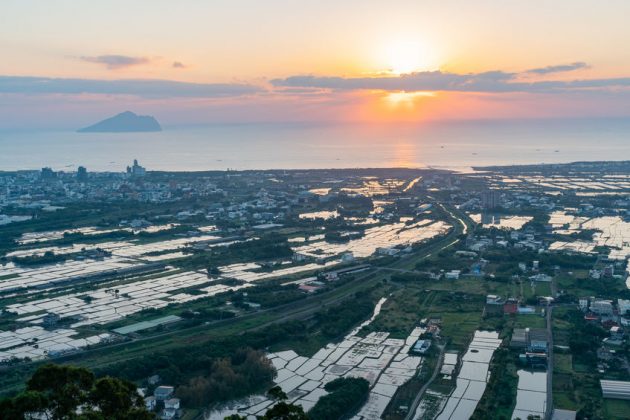
A KJ x Forte Hotel Group feature
Lying at the convergence of four tectonic plates, this small yet remarkable island is a hotbed of natural geothermal activity. Steaming fumaroles dot its mountains and turquoise, sulphuric rivers carve out deep gorges. Densely packed into an area barely the size of Switzerland are an astonishing one hundred hot springs that invite you to indulge in their restorative, mineral-rich waters. The verdant Lanyang Plain in the northeast of the country is the historical home of the Kavalan aboriginal people, who migrated from the south in search of fertile lands centuries ago. The plain is enclosed on one side by the Xueshan Mountain Range, which soars up to 3,800 meters in altitude and is dusted with snow during the cooler months. Its rivers, flanked by rice paddies, reach out like tendrils towards the coastline; just offshore is the majestic Guishan, “Turtle Island,” Taiwan’s sole active volcano that itself conceals a cluster of fifty undersea springs, and whose seas are home to thriving populations of pygmy whales and dolphins.
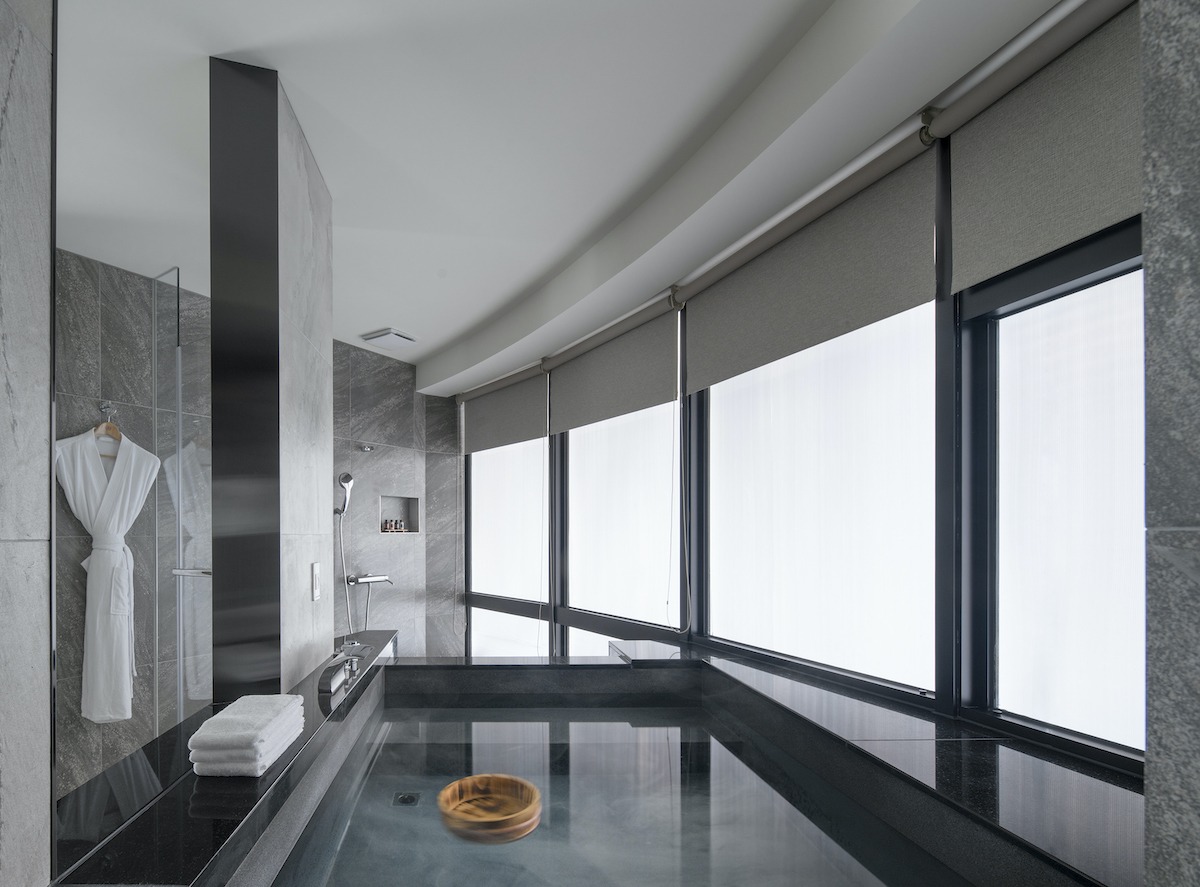
The Lanyang Plain is also where Forte Hotel Group, the pioneer of luxury business accommodation in Taiwan, recently set down roots. In 2018 they opened their ninth location, the Yamagata Kaku Hotel & Spa, at the hot spring resort of Jiaoxi, a beloved weekend getaway spot for urbanites who travel a little over an hour from Taipei, and where Forte Hotel Group’s President, Mr. Michael Liao, also serves as Tourism Ambassador.
Japanese colonialists began developing the island’s hot springs in the late 1800s, and the bathing customs of their homeland were adopted with enthusiasm by the locals. In the spirit of the thriving friendship and close cultural ties that the two neighbouring countries enjoy today, Yamagata Kaku is named after an onsen retreat in the mountains of northeast Japan. Here, warm Taiwanese hospitality meets Japanese attention to detail. Each room features earthy, contemporary interiors and has its own generous private hot spring bath for guests to luxuriate in. The hotel’s shared bathing facilities also draw from the local alkaline springs, known for promoting youthful skin and relieving muscle tension.
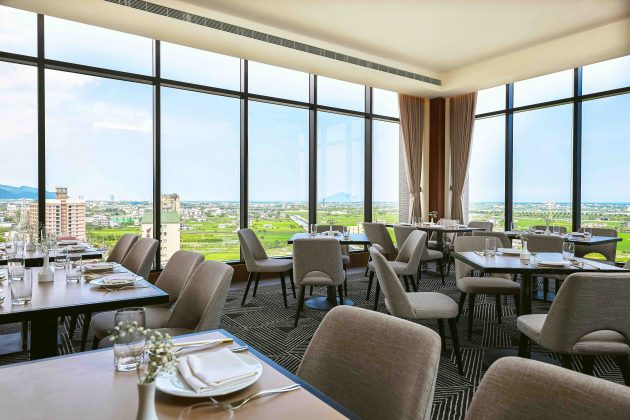
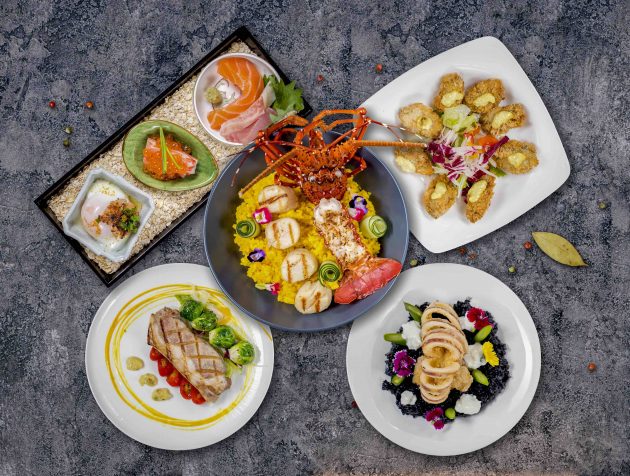
To complete this thoroughly restorative experience, the top floor Yonezawa Restaurant greets guests with 270-degree panoramic views of the lush Lanyang landscape, and a feast of creative cuisine that draws heavily on the abundant seafood sourced daily from local fishermen. Another restaurant, serving up a rich, pork-broth ramen, is also on hand to satisfy those late-night cravings. As Mr. Benjamin Liao, Chairman of the Forte Hotel Group, puts it: “Yamagata Kaku was designed around the concept of ‘feeling beauty in its indigenous form’”—a no-frills approach to hospitality that is grounded in authenticity, one that strives to make guests feel at home in Taiwan wherever they may be from.
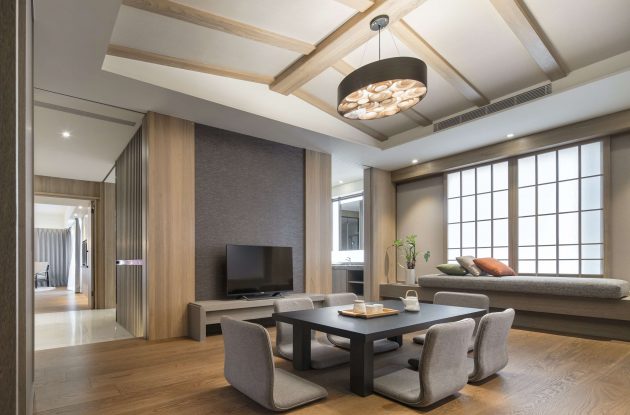
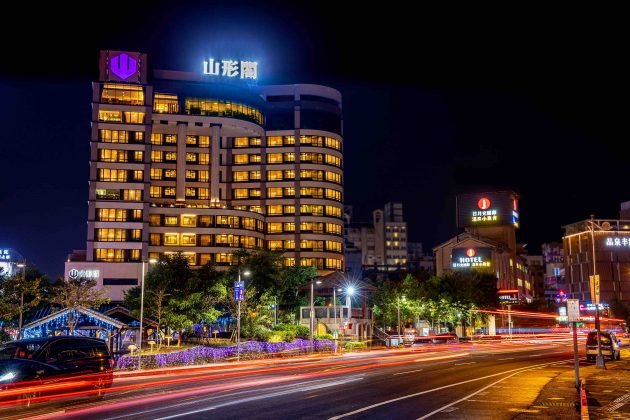
Copies of new Kyoto Journal issue KJ96: Our Neighbor, Formosa can now be found in guest rooms at Yamagata Kaku. Our sincere gratitude to Forte Hotel Group for helping us make this special issue on Taiwan possible.
